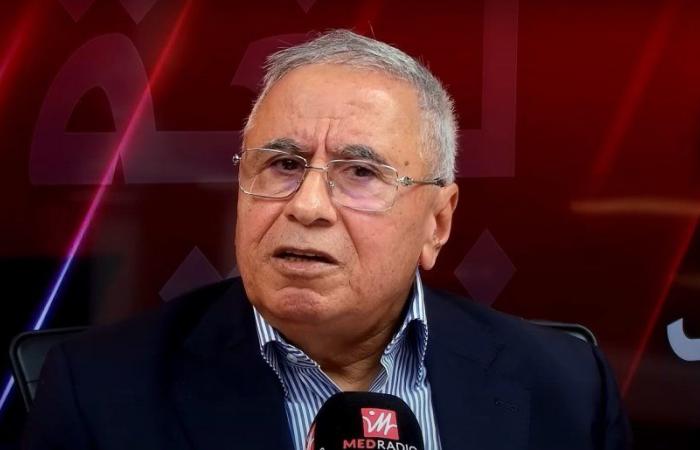For this diplomat from Taourirt, who has worked with Algerians for a long time, given the historical and cultural ties that bind the inhabitants of the Oriental with their neighbors, the
is not from yesterday. From the first years of Algerian independence, relations with Morocco deteriorated. The Sand War in 1963 was one of the first manifestations of this enmity. “Algeria, instead of recognizing the sacrifices made by Morocco for its independence, chose to claim Moroccan territories,” underlines
as part of the show “Sans langue de bois”, broadcast on Med Radio. Since then, Algerian hostility has translated into implacable animosity and a frenzied desire to harm the interests of the Kingdom, particularly on the question of the Moroccan Sahara. “For Algeria, this conflict is not a question of borders or human rights as they claim, but an attempt to suffocate Morocco, to becalm it and to limit its influence on a global scale. African by isolating it from its environment to the south and east,” he explains.
“The return of Morocco to the AU, in the presence of HM King Mohammed VI, marked an important victory for the Kingdom,” recalls Mr. Abdelkhalek who specifies that this “diplomatic success highlighted the growing isolation of Algeria on the African scene, despite its efforts to influence other member states. And this isolation continues with the ever-increasing number of African countries which are withdrawing their recognition of the pseudo SADR, notes the guest of Med Radio, citing the very significant example of Ghana which has just turned its back on the Polisario in January 2025.
-A media machine serving propaganda
The breakdown of relations: Algerian unilateralism
Faced with Morocco’s diplomatic success and its breakthrough on the regional and international level, despite Algerian maneuvers, the eastern neighbor chose, in desperation, the last cards remaining in its hand. He undertook the official rupture of diplomatic relations with Morocco, announced unilaterally on August 24, 2021. For Mr. Abdelkhalek, this decision marks a point of no return as part of his anti-Moroccan strategy and illustrates “the inability of the Algerian regime to dialogue constructively “.
Just a few days after this episode, the entire Moroccan diplomatic team left Algiers, marking the formal end of an unhealthy diplomatic relationship damaged by so many years of absurd animosity, underlines the Moroccan diplomat. “This collective departure sealed the failure of a desire for dialogue which was nevertheless essential. Indeed, Algeria had already banned its ministers from officially visiting Morocco. The only link that still allowed discussion, and possibly collaboration, was the embassy channels,” laments Mr. Abdelkhalek, while deploring the impact on human and family relationships.
Morocco resilient in the face of Algerian intrigues
The closure of land borders since 1994, then air links in September 2021, is another example of the decisions that Algiers has taken to maintain tension. “In the Oriental region, family and historical ties with Algeria run deep. This closure is a tragedy for residents on both sides of the border,” laments Mr. Abdelkhalek, specifying that at the economic, political and commercial level, these decisions have no impact on the Kingdom. Indeed, despite this permanent escalation, Morocco has always adopted an open and constructive position. “The Kingdom has always extended its hand to Algeria,” recalls Mr. Abdelkhalek, referring in particular to the call for dialogue launched by HM King Mohammed VI in November 2018. But unfortunately, Algeria, blinded by its hatred towards towards Morocco, rejected these initiatives. “Every time a gesture of openness is made, Algeria chooses to ignore it or use it for propaganda purposes,” he regrets.
For Hassan Abdelkhalek, Algeria must rethink its strategy. “She must review her choices and adopt a pragmatic and realistic approach. Continuing in this logic of escalation benefits no one and especially not Algeria and the Algerians who are the first to suffer from isolation,” he asserts. He emphasizes that Morocco, which has all the necessary means to protect its sovereignty and guarantee the security of its citizens, continues to prioritize peace, dialogue and development, because “the Kingdom is convinced that these values are the key to ‘a prosperous future for the region’. For Mr. Abdelkhalek, only constructive and uninhibited regional collaboration will make it possible to address the economic, political and social challenges affecting the Maghreb countries. “A united Maghreb, based on mutual respect and a common vision, remains the only way to offer a better future to the people of the two nations and beyond,” concludes Mr. Abdelkhalek.






